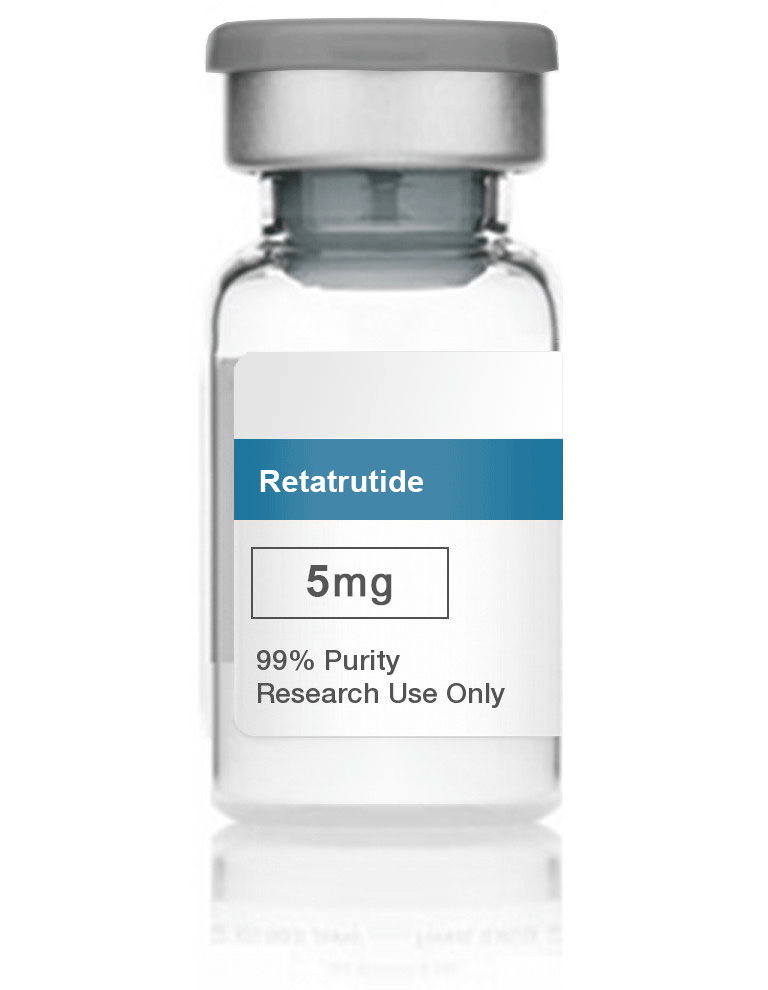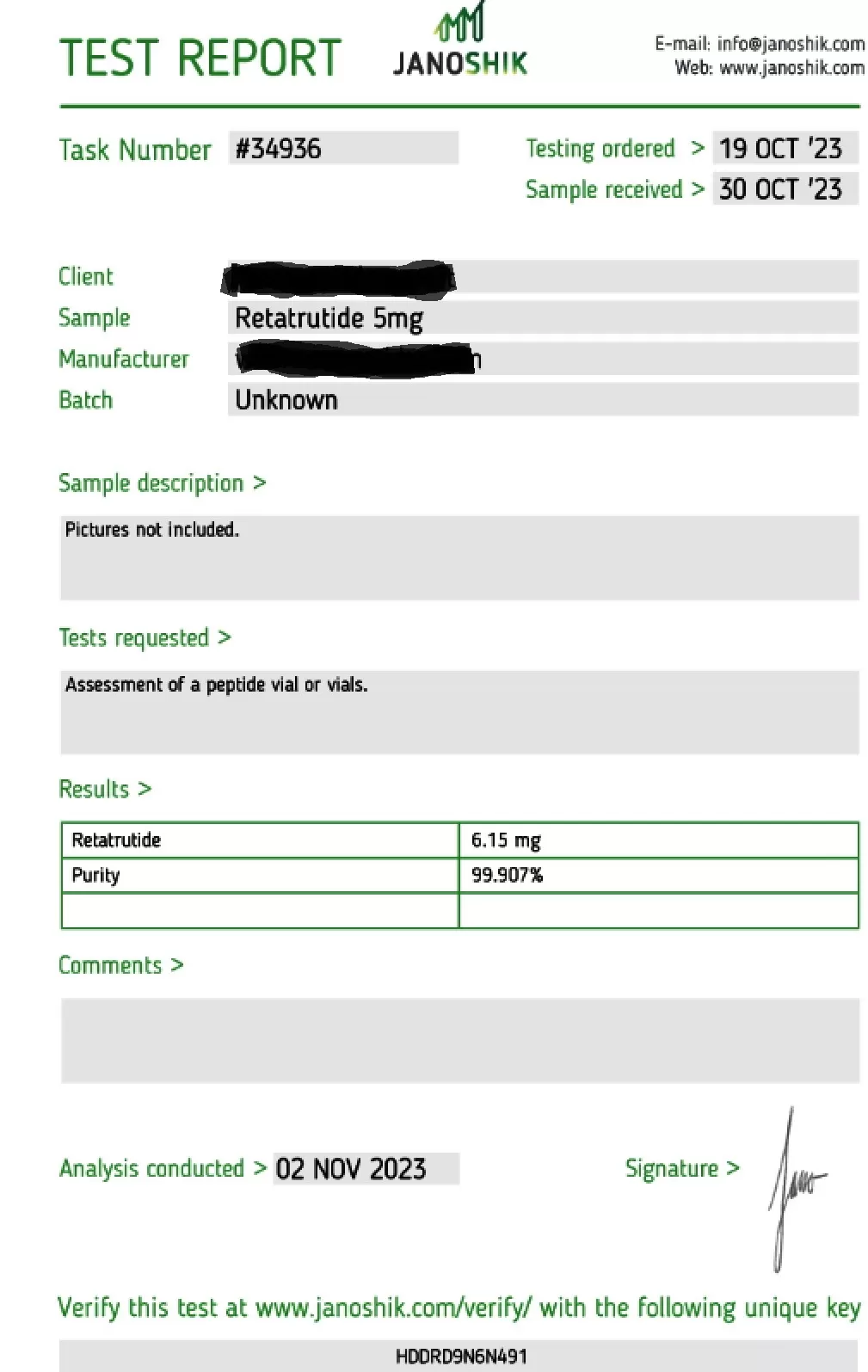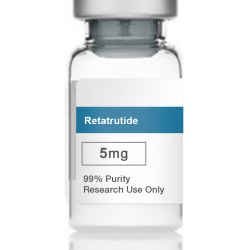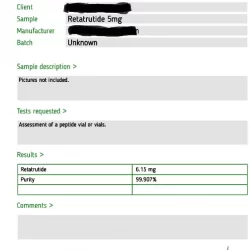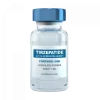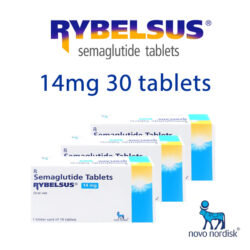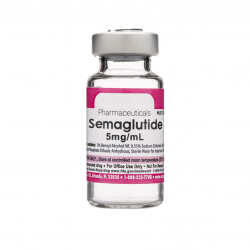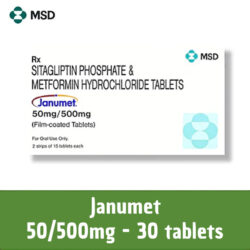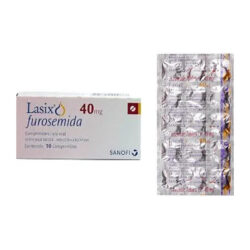Retatrutide injection 5mg
$315.00 – $630.00
Retatrutide is most commonly used for weight loss or diabetes. It may also improve blood pressure and quality of life.
- Aids in weight reduction
- Improves blood glucose levels
- Improves blood pressure
Retatrutide, a new medication created by the pharmaceutical company Eli Lilly, has a major potential for treating obesity and diabetes
Retatrutide 5mg is offered in packs of 10 bottles. 1 pack = 10 bottles. 2 packs = 20 bottles. 3 packs = 30 bottles. For larger orders please email us at sales@lilymali.com. Bulk orders get more discount.
Each bottle contains 5mg of freeze dried powder. This powder must be re constituted by adding bacteriostatic water. Bacteriostatic water can be bought on amazon and is found also on many local web sites on google. You will need also 29g or 30g insulin type needles to inject this product. These needles also can be purchased on many local web sites on google and amazon.
Check out our recent lab reports attached to this product entry – note the purity and actual mg per ml. It’s as good as the Eli Lilly original, at a fraction of the Eli Lilly cost.
Overall Health Benefits of Retatrutide
Retatrutide is most commonly used for weight loss or diabetes. It may also improve blood pressure and quality of life.
- Aids in weight reduction [1-7]
- Improves blood glucose levels [2-7]
- Improves blood pressure [5, 7]
Retatrutide Key Takeaways
- Retatrutide shows promise to be the best weight loss medication currently available including popular fat loss medications Semaglutide (brand names Ozempic, Wegovy, Rybelsus) and Tirzepatide (brand name Mounjaro).
- Retatrutide was created by the pharmaceutical company Eli Lilly to treat obesity and diabetes.
- Retatrutide affects certain biological pathways related to metabolism, appetite regulation, and fat storage, leading to a reduction in body weight.
- Clinical trials and studies have demonstrated that retatrutide can result in significant weight loss when used as part of a comprehensive weight management program.
- Apart from weight loss, Eli Lilly’s retatrutide may offer additional health benefits, such as improvements in insulin sensitivity, cardiovascular risk factors, and overall quality of life.
- Before starting retatrutide for treating obesity, consult with a healthcare professional. Regular monitoring, adherence to prescribed dosages, and healthy lifestyle adjustments are essential for achieving and maintaining the desired outcomes.
What is Retatrutide?
Retatrutide, a new medication created by the pharmaceutical company Eli Lilly, has a major potential for treating obesity and diabetes. Also known as GGG Tri-agonist, GLP-1/GIP/glucagon tri-agonist, or LY3437943, this injectable medication is similar to existing weight loss medications like tirzepatide and semaglutide but has increased efficacy. When combined with proper diet, regular exercise, and lifestyle modifications, retatrutide can help improve weight loss outcomes and treat comorbidities related to obesity such as diabetes or hypertension (high blood pressure).
How Retatrutide Works?
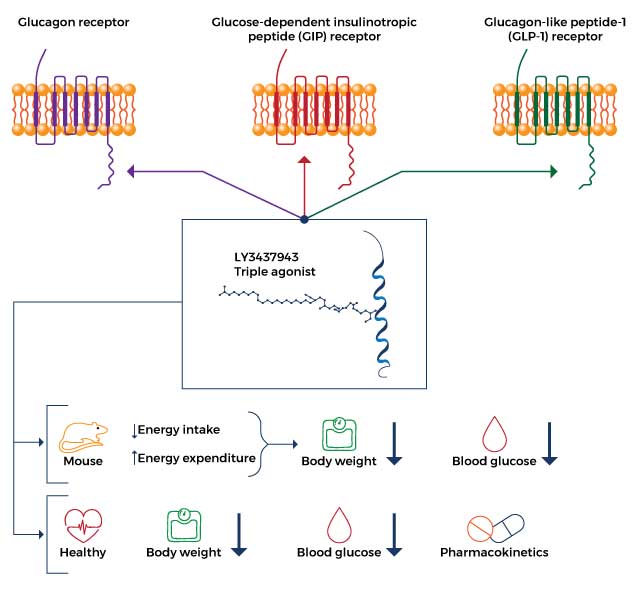
- Gastric inhibitory polypeptide receptor (GIPR) agonist: As a GIP receptor agonist, retatrutide enhances appetite suppression and prevents fat accumulation, resulting in decreased energy intake and increased energy expenditure.
- Glucagon-like peptide 1 receptor (GLP-1R) agonist: Retatrutide reduces body weight by improving blood sugar levels via enhanced insulin release from the pancreas and reduced release of glucagon (a hormone that increases blood sugar).
- Glucagon receptor (GR) agonist: Retatrutide decreases glucagon release to improve blood sugar levels, decrease food intake, and increase energy expenditure which ultimately results in weight loss.
Chemical Structure of Retatrutide

A. Aids in Weight Reduction

Trial results show promising insights into the potential of retatrutide for addressing obesity and various weight-related conditions:
- In a phase 2 trial published in the New England Journal of Medicine on June 26, 2023, 338 obese adults with a body mass index of 30 were enrolled. [1] The primary endpoint was the percentage change in body weight from baseline to 24 weeks. The secondary endpoint encompassed the percentage change in body weight from baseline to 48 weeks, as well as achieving weight reduction of 5% or more, 10% or more, or 15% or more. After 48 weeks, the groups who received a weekly injection of retatrutide showed varying percentages of change in mean weight reduction: -8.7% for the 1-mg group, -17.1% for the combined 4-mg group, -22.8% for the combined 8-mg group, and -24.2% for the 12-mg group (highest dose), in contrast to -2.1% observed in the placebo group. Improvements in LDL-cholesterol, triglycerides, fasting glucose, insulin levels, total cholesterol, HbA1c, as well as systolic and diastolic blood pressure were also observed.
- In adults (aged 20-70 years) with type 2 diabetes for at least 3 months, the administration of retatrutide at 3/6/9/12 mg resulted in robust reductions in body weight with an acceptable safety profile. After nine months, the participants also lost an average of 17% of their body weight. Combining glucagon receptor agonism with GIP and GLP-1 receptor agonism may be one of the reasons retatrutide showed its potent weight loss effects. [2]
- In high-fat-fed mice, twice daily administration of retatrutide for 21 days decreased body weight and nonfasting blood sugar levels and increased circulating insulin concentrations in the blood. [3]
- In mice with obesity, the administration of retatrutide (LY3437943) decreased body weight, improved blood sugar control, and increased energy expenditure. [4]
- In forty-five healthy human subjects, the three highest doses of subcutaneous (under the skin) administration of retatrutide produced a statistically significant weight loss that was maintained up to day 43. [5]
- In diet-induced obese mice, retatrutide reduced appetite and body weight by 45% via reduced fat mass, making it superior to other GIPR and GLP-1R agonists. [6]
-
In patients with type 2 diabetes (T2D) and obesity, subcutaneous administration of retatrutide for 12 weeks resulted in reductions in body weight of up to 8.96 kg with a safety and tolerability profile similar to other incretins (weight loss peptides). [7]
B. Improves Blood Sugar Levels
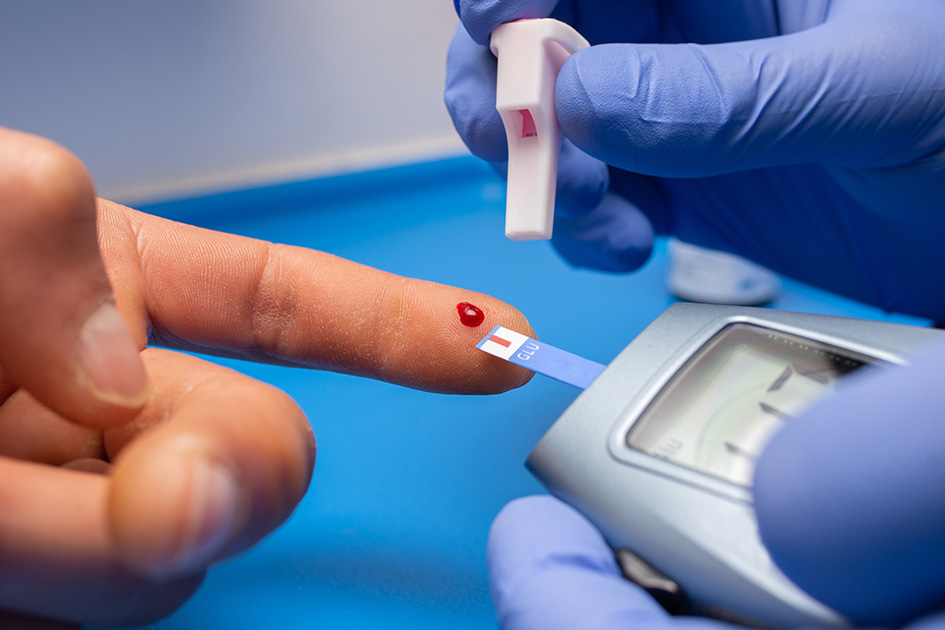
Retatrutide improves blood sugar levels through its effects on the hormones insulin and glucagon. Insulin lowers blood sugar levels while glucagon increases blood sugar levels to achieve homeostasis or balance. As a GLP-1 agonist and GR agonist, retatrutide enhances insulin release from the pancreas while reducing glucagon release. This in turn helps achieve healthy blood sugar levels.
Evidence from retatrutide trials suggests that the medication can produce beneficial effects on the blood sugar levels of people with diabetes and uncontrolled blood sugar:
- In adults (aged 20-70 years) with T2D for at least 3 months, the administration of retatrutide at 3/6/9/12 mg resulted in robust reductions in blood sugar levels with an acceptable safety profile compared with placebo treatment. [2]
- In high-fat-fed mice, twice daily administration of retatrutide for 21 days decreased nonfasting blood sugar levels by increasing circulating insulin concentrations in the blood. [3]
-
In obese mice, the administration of retatrutide improved blood sugar control and increased energy expenditure which persisted up to day 43. [4]
- In forty-five healthy human subjects, the three highest doses of subcutaneous administration of retatrutide resulted in increased mean fasting insulin and C-peptide, with maximum levels observed at 24 and 48 hours, which in turn lowered blood sugar levels. [5]
- In diet-induced obese mice, retatrutide lowered blood sugar and insulin levels, indicating improved insulin sensitivity (the body’s response to the effects of insulin). [6]
- In patients with T2D, subcutaneous administration of retatrutide for 12 weeks decreased glycated hemoglobin, also known as HbA1c and is a measure of blood sugar, with a higher safety and tolerability profile. [7]
C. Improves Blood Pressure
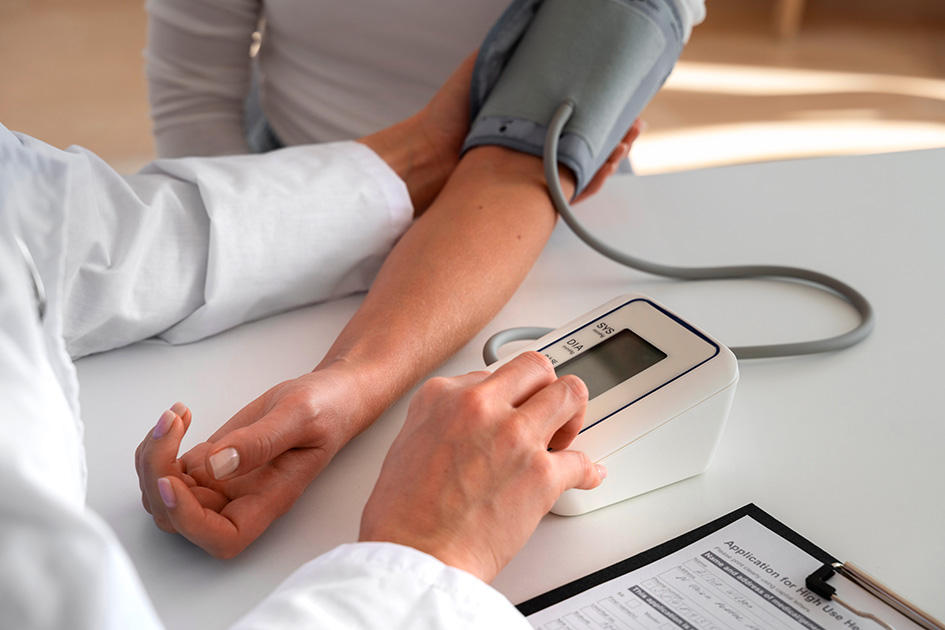
As a weight loss drug, retatrutide can help improve blood pressure by treating obesity. By decreasing energy intake and increasing energy expenditure, retatrutide can promote fat loss. Evidence suggests that weight loss is associated with blood pressure reduction. [8-10] This indicates that retatrutide may be beneficial in people with hypertension.
Studies support the blood pressure-lowering effects of retatrutide:
- A Phase 1 retatrutide clinical trial, which is the first human study assessing the safety and tolerability of single-ascending doses of retatrutide (LY3437943), included forty-five healthy subjects who were randomized to receive subcutaneous LY3437943 (6 rising dose levels) or placebo. [5] During the treatment period, important data such as vital signs, electrocardiogram (ECG), laboratory data, and adverse events were monitored. Fasting insulin, C-peptide, weight, and appetite were also measured. Results showed that the subjects who received retatrutide had significant weight loss, increased insulin levels, and decreased systolic blood pressure (returned to near baseline by Day 29).
- A Phase 1 proof-of-concept study assessed the safety and tolerability of several ascending doses of retatrutide in patients with T2D. [7] In this study, seventy-two diabetic patients were randomized to receive retatrutide or placebo. During the treatment, the researchers assessed vital signs, laboratory data, and adverse events. After 12 weeks, the group that received retatrutide had decreases in blood pressure with a higher safety and tolerability profile compared to the placebo group.
Associated Side Effects of Retatrutide
Retatrutide side effects are very uncommon. There have been some side effects associated with the use of this drug wherein the patient had one of the issues listed below at some point while being on retatrutide. However, these side effects weren’t confirmed to be associated with the treatment and could have been a coincidence and not related to the use of retatrutide. Despite this, it was listed as a side effect associated with retatrutide even though these associated side effects are very uncommon.
Side effects associated with retatrutide may include the following:
- Chest pain
- Depression
- Difficulty breathing
- Dizziness
- Dry mouth
- Fatigue
- Headache
- Irregular heartbeat
- Swelling in the hands and feet
With regard to safety, the most common adverse events were related to the gastrointestinal system. These side effects are mild in nature and go away on their own. As a result, the safety and tolerability profile of retatrutide aligns with other incretin-based therapies (hormones produced by the gut that help regulate blood sugar levels).
Retatrutide Dosage
Retatrutide is a new drug for obesity that is currently being developed by Eli Lilly. The initial dose of retatrutide is 0.5 mg, which is injected subcutaneously once weekly. The dose of the drug can be increased to 1 mg, 2 mg, or 4 mg after 4 weeks, depending on the patient’s response. The maximum dose is 12 mg per week.
The initial dose of retatrutide is important because it helps to minimize the risk of side effects. If the patient tolerates the initial dose well, the dose can be increased gradually. However, if the patient experiences any serious side effects, the dose of the drug should be reduced or discontinued.
| Quantity | Retatrutide 5mg injection 1 pack, Retatrutide 5mg injection 2 packs |
|---|
Related products
Healing + Rejuvenation


